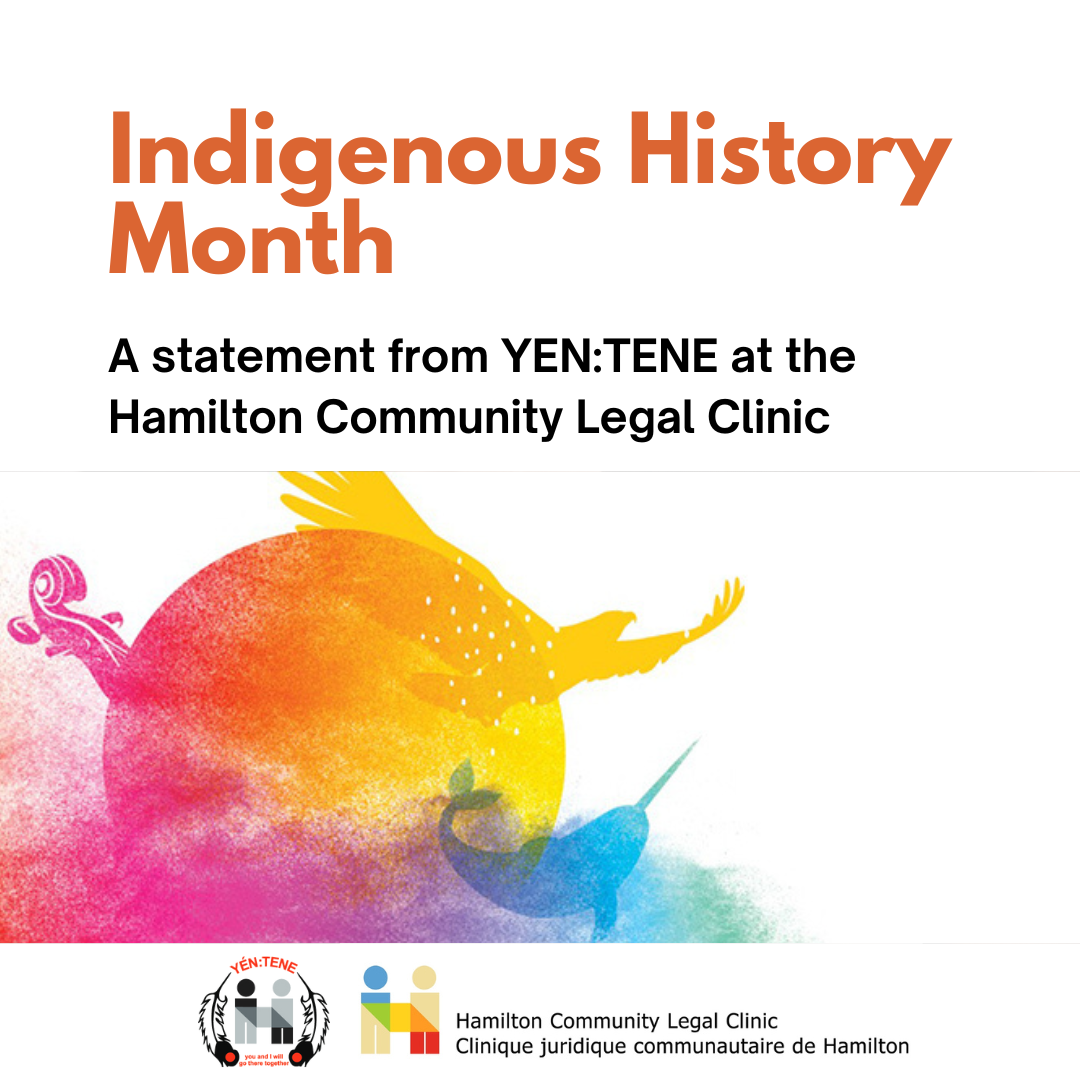
June is National Indigenous History Month in Canada. The development of National Indigenous History Month in Canada created an opportunity to learn about the unique cultures, traditions, experiences, ways of life and ways of being of First Nations, Inuit and Metis. It is a time to honour the stories, achievements, resilience and truths of Indigenous Peoples, who have lived on these territories since time immemorial. In June, Canadians celebrate National Indigenous History Month, an opportunity to honour the heritage, contributions and cultures of Indigenous peoples in Canada. National Indigenous History Month provides an opportunity to recognize not only the historic contributions of Indigenous peoples to the development of Canada, but also the strength of present-day Indigenous communities.
In June of 2009, the House of Commons designated June as National Aboriginal Month. In 2017, the name was changed to National Indigenous History Month.
Indigenous communities have celebrated their ways of life and ways of being around June 21st because of the change of seasons. It is the summer solstice and the longest day of the year. Many Indigenous communities celebrate this day with ceremonies that may include feasting, fasting, attending lodges, drumming and singing. The change of all seasons is an important time for most Indigenous communities and ceremonies are held by many during these times.
National Indigenous Peoples Day was announced in 1996 by then Governor General of Canada, Romeo LeBlanc. This was the result of consultations and statements of support for such a day made by various Indigenous groups:
In 2020, The Hamilton Community Legal engaged it developing an internal document call the Journey to ReconciliAction to guide the organizations in its commitment to work on the Truth and Reconciliation Commission (TRC) recommendations. The board of director’s approved sixteen recommendations that address 14 calls to action that apply to the clinics work which are contained within the TRC’s report that was released in 2015.
The clinic was one of the first non-Indigenous agencies to release such a document. This report is available on our website at hamiltonjustice.ca. The clinic views this document as a living document embedded in building strong relationships with First Nations, Metis and Inuit communities living in Urban settings and living on reserves; including Six Nations and the Mississauga’s of the credit. Currently the board of director’s is engaged in reviewing and renewing its work in the Journey to ReconciliAction and will do this work in a good way with open minds and open hearts and in consultation with Indigenous Peoples.
In 2016, as an early act of ReconcilAction, the Board of Directors approved the closure of our clinic on June 21, Aboriginal Solidarity Day, for a dedicated day of reflection. This closure allows our staff to participate in Indigenous events, gatherings, and activities, fostering a deeper understanding and connection with First Nations, Métis, and Inuit communities.
We encourage other agencies, businesses, and organizations to review the Truth and Reconciliation Commission’s recommendations and to develop their own roadmaps and commitments to adopt these recommendations at all levels. Concrete actions, such as designating a day for staff to reflect and educate themselves on Indigenous communities and their responsibilities, are essential steps toward reconciliation.
By closing our doors on Aboriginal Solidarity Day, we hope to set an example and inspire others to take meaningful actions in support of reconciliation and Indigenous solidarity.